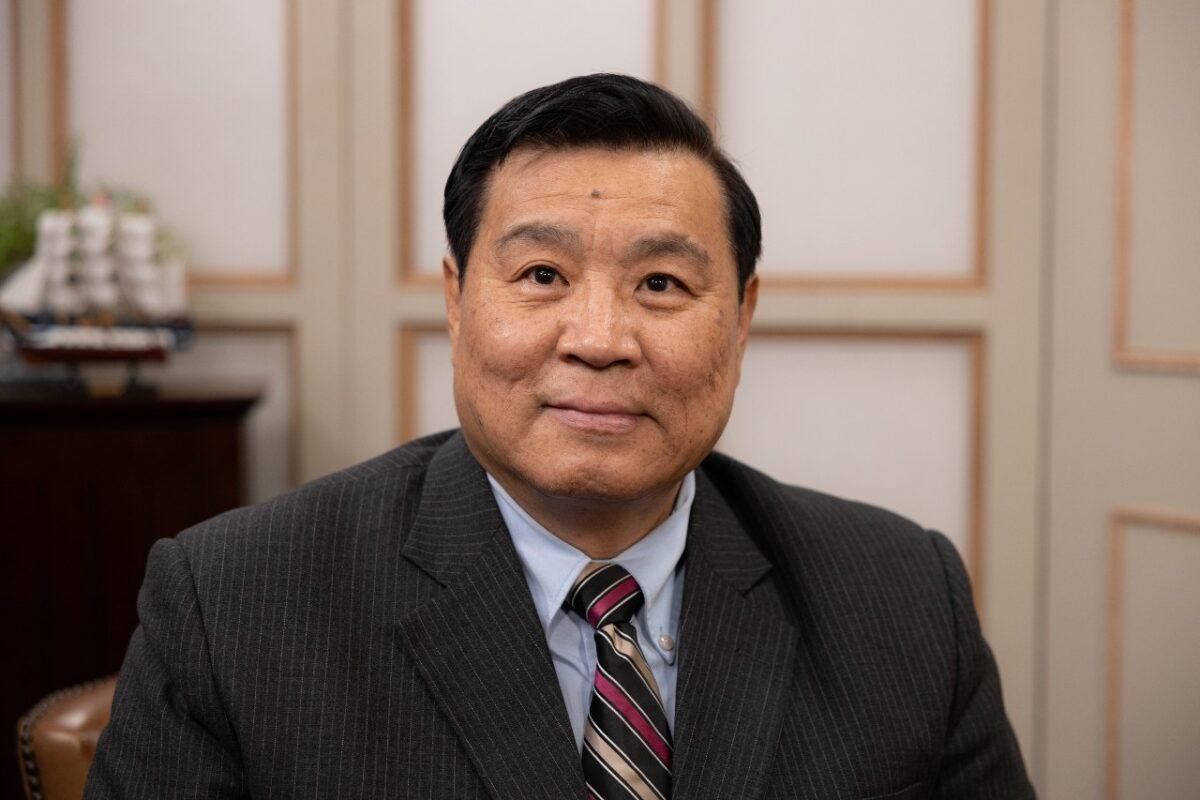Nearly 400 million Chinese have renounced their affiliation to the Chinese Communist Party (CCP) as part of what might be China’s largest and longest-lived grassroots movement, according to Sen Nieh, vice president of the nonprofit Global Service Center to Quit the CCP.

In China, from childhood to adulthood, citizens are often induced to join the CCP and its affiliate organizations—the Communist Youth League and the Young Pioneers—by taking an oath, swearing loyalty to the Party.
Quitting the CCP is a “quiet and moral awakening of the individual’s inner self,” which comes from an understanding that they don’t want to be part of the CCP’s malign actions, Nieh said.
After reading the “Nine Commentaries,” Chinese citizens started “sending statements to The Epoch Times, [saying] they wanted out, one after another,” said Nieh.

Over the past 17 years, the center has documented 394 million withdrawals from the CCP, which is more than the population of the United States, Nieh noted.
Some quit with their real name and location. But many use aliases to protect their identity, thus preventing retaliation from the Party.
“The participants don’t know each other; they don’t want to be known by others. They just want to have inner peace that they cut down their connection to the Communist Party,” Nieh said.
“It’s about how Chinese people try to break out of the bondage from communism.”
Regarding the impact of Party withdrawals, Nieh said that, even though that’s not its purpose, the movement is inevitably weakening the CCP from within.
“They know they’ve been brainwashed, but they don’t know how [they’ve] been brainwashed. So once they have a chance to assess the free information, or come out of China, they like to learn more about their own country,” he said.
He said that, while younger generations often have more access to outside information by using VPNs that bypass the Great Firewall, senior citizens might lack that access.
For this reason, Nieh said, the Global Service Center has been helping people quit the CCP by making phone calls to China: A machine calls random numbers from mainland China, and when someone picks up, it plays a short message that explains the nature of the Party or the crimes committed by it. Receivers are then given the option to listen to another message, withdraw from the CCP, or talk to someone from the center.
The center, now registered as a 501(c)(3) nonprofit organization, has offices in Flushing, Taiwan, and Hong Kong. It can’t afford to pay for employees, so it relies exclusively on the help of volunteers, Nieh said.






